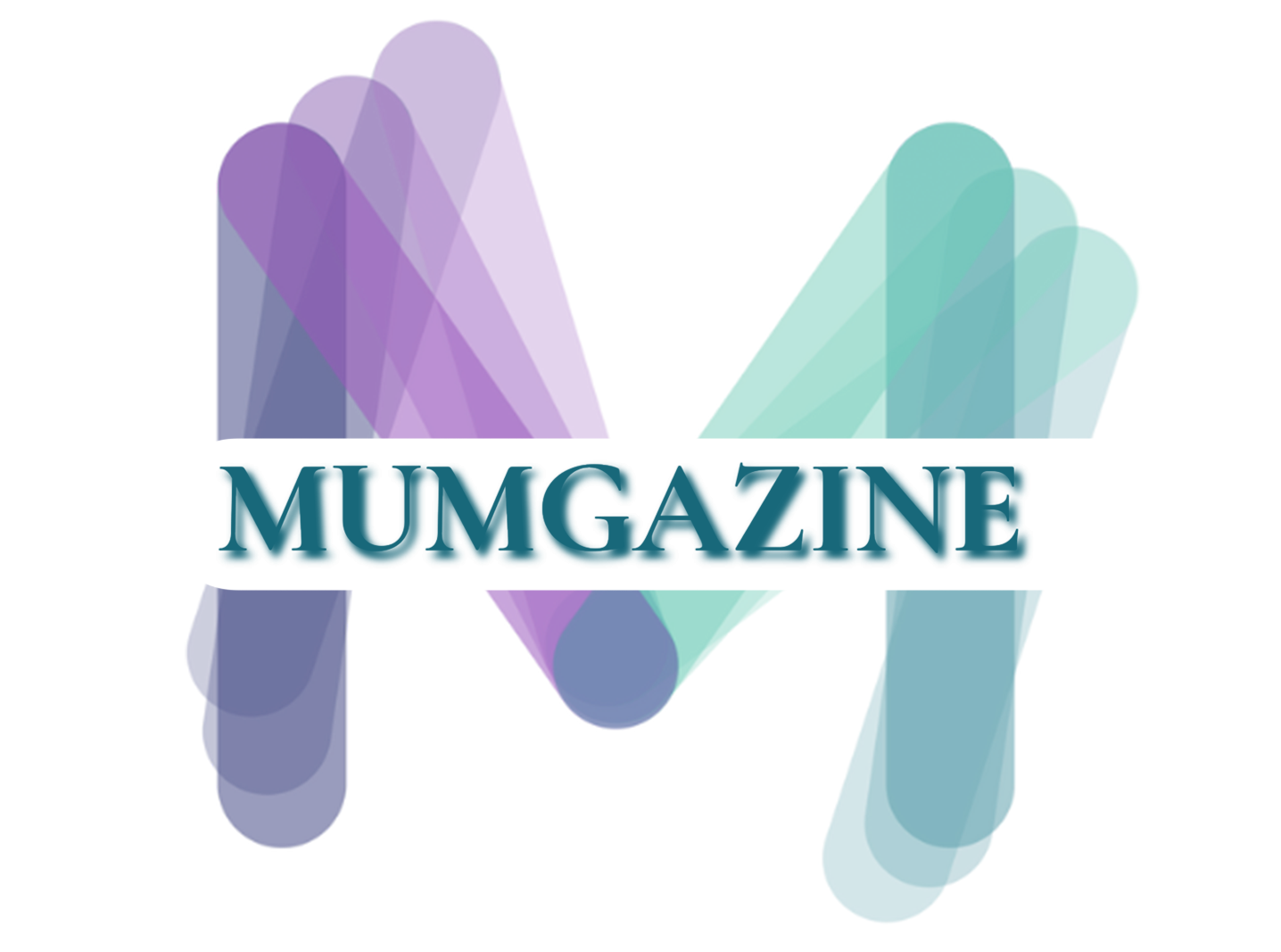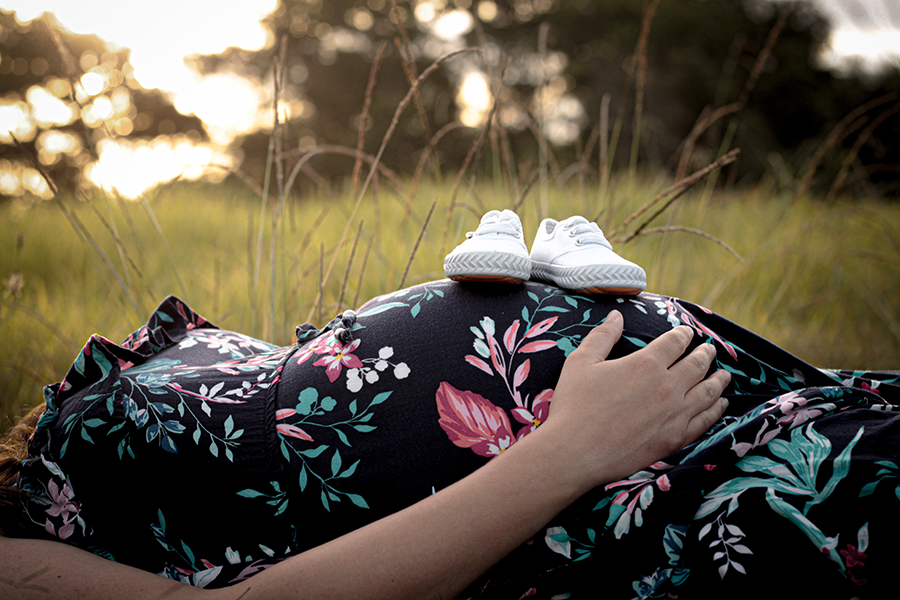Finally, the beginning of the second trimester has arrived! For many pregnant women, it is often the most comfortable of the three. The fourth month of pregnancy is an exciting time for both you and your baby. You may be starting to feel more like yourself again, and your energy levels may be picking up. Your baby is also growing and developing at a rapid pace. Keep the good work mama!
What happens to your baby week by week
Week 14
At four months pregnant, your baby is growing and developing at a rapid pace. This week, you may start to feel your baby move! It is called “quickening”. As the baby’s central nervous system matures, he or she will begin to move more frequently. Your baby is now about the size of a small cantaloupe. Her arms and legs are getting longer and she can make fists with her hands. She can also kick and curl her toes. Her kidneys are working now and she may even produce urine.
Week 15
This week, your baby is about the size of a navel orange. His or her ears are positioned properly on the sides of the head and the eyes are moving from the side of the head to the front of the face. Your baby’s brain and nervous system are continuing to develop. Her senses are also starting to develop, and she may be able to hear your voice and other sounds.
Week 16
Your baby is about 15 to 17 centimeters (6 to 7 inches) long from head to bottom and weighs approximately 120 grams (4 ounces).
Your baby’s bones are beginning to harden and his or her teeth are starting to form. Your baby’s skin is still thin and translucent, and you can see his or her blood vessels through the skin.
Your baby’s immune system is also developing, and he or she is beginning to produce antibodies.
Week 17
Take a look at your hand. Your baby is about palm-size now! Body fat is beginning to form but your little one is still quite skinny. This week, your baby is all about practice in preparation for birth. One important skill your baby is sharpening now: sucking and swallowing to get ready for the first suckle at breast or bottle. Baby’s breathing movements become more regular, even though he or she doesn’t yet breathe air. These movements help the lungs to begin creating alveoli, or air sacs.
What YOU may be feeling

At four months pregnant, you may find that your waistline is expanding and your clothes are feeling tighter. It is very important to maintain a healthy diet during your pregnancy for your baby and your own body. As always, remember that every pregnancy and every woman is different. The important thing is to listen to your body and do what feels right for you. If you have any concerns or questions about your pregnancy, be sure to talk to your healthcare provider.
Physically
- Increased appetite
- Fatigue
- Decreasing Nausea and/or vomiting
- Heartburn, flatulence, bloating
- Nasal congestion and occasional nosebleeds, ear stuffiness
- Mild swelling of the ankles and feet, and occasionally of the hands and face.
- Sensitive gums that may bleed when you brush
- Spider or varicose veins and/or haemorrhoids
Emotionally
- Mood Swings. Irritability, irrationality.
- Excitement and/or apprehension if you have started to feel and look pregnant at last.
- A feeling you are not quite together, you are scattered, forgetful, drop things, have trouble concentrating.
What to expect during your fourth month’s check up
This month, you can expect your practitioner to check the following:
- Weight and blood pressure
- Urine, for sugar and protein
- Fetal heartbeat
- Size of the uterus, by external palpation
- Height of the fundus (top of the uterus)
- Hands and feet for swelling and legs for varicose veins
- Questions or problems you want to discuss, have a list ready!
Tips for your fourth month of pregnancy
As your uterus grows and puts pressure on your stomach, you may start to experience heartburn and indigestion. To help manage these symptoms, eat smaller meals more often throughout the day, and avoid spicy or acidic foods.
Also, your growing belly can start to pull on your back, causing pain and discomfort. To help ease the pain, try to maintain good posture, wear comfortable shoes, and consider using a pregnancy pillow.
And remember! You are the best person to know what is right for you and your baby. Keep up the good work!
Would you like to know more about parenting? Go to our next article!
Would you like to know more about your pregnancy? Visit our Mumgazine YouTube channel!


What’s up everyone? I’m trying sky8866 out. The graphics are pretty impressive and they have a lot of different promotions running all the time. Looks great from my perspective: sky8866
VIPWin666: This site looking like a premium experience! 666 could be lucky for you, or for the provider!! Let’s see if you’re a winner… : vipwin666
Just signed up on 73betcom. The registration was easy and I like their layout. Let’s get this bread folks! 73betcom.
Hey there! Spicybet4’s alright. Quick registration, simple design – no-frills. If you don’t want bells and whistles, but want a straight-to-the-point betting experience, try Spicybet4! spicybet4